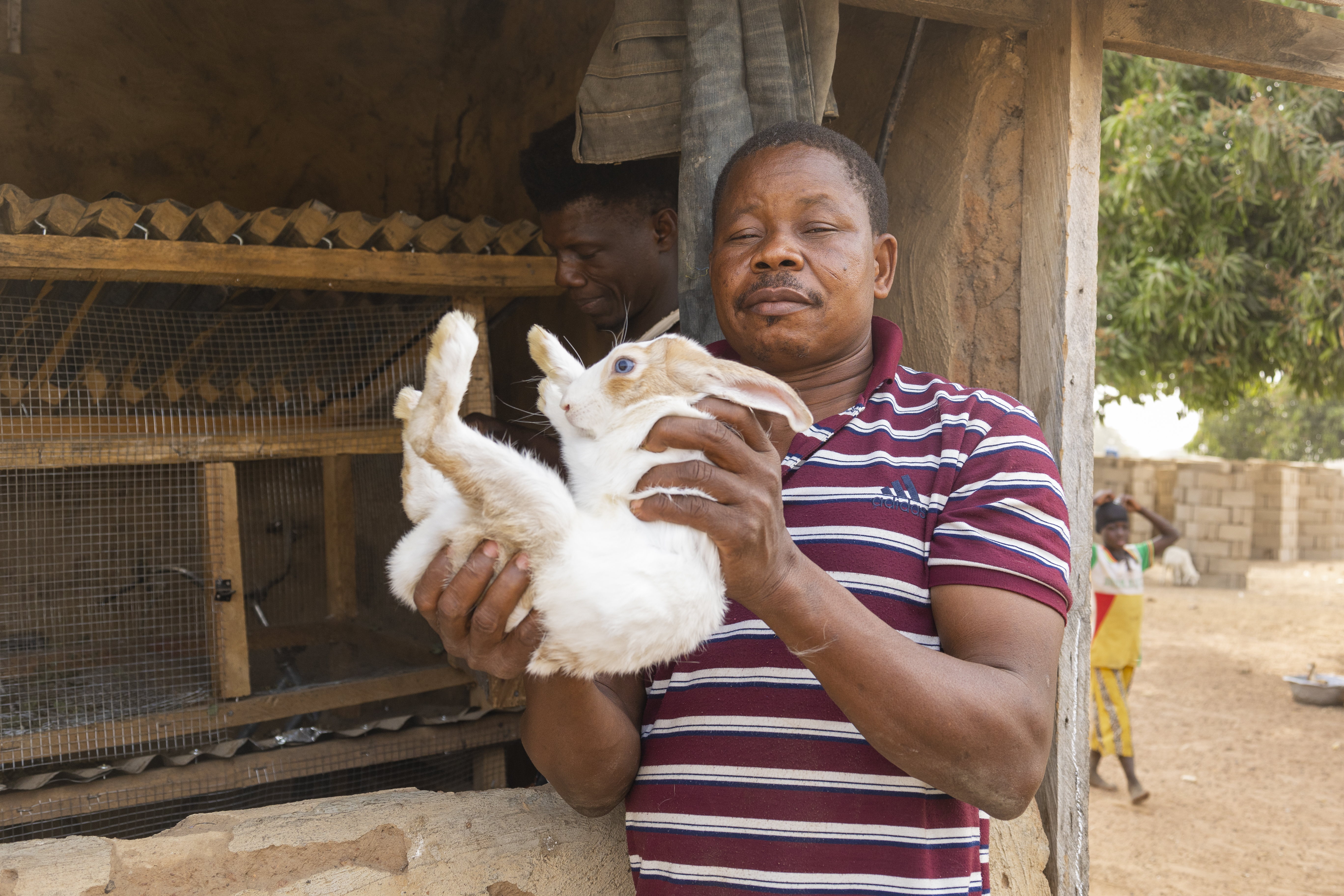Forestry Commission begs free zones board over VAT on locally sold wood
The Forestry Commission (FC) is pleading with the Free Zones Board, to consider removing Value Added Tax (VAT) on timber and timber products sold locally by companies operating under the Zone.
Speaking at a Stakeholder Consultative Workshop to review documents indicative of use of legal timber for public works in Accra, Mr. Peter Zormelo, Chief Manager at the Forestry Commission averred that the request had become necessary to prevent illegal logging and sustain the local wood industry.
He disclosed that, the Commission had formally written to the Free Zones Board (FZB) to consider amending the Act to reflect the current trends and that the FC is still waiting for a favourable response.
Mr. Zormelo maintained that, if the request is granted, the Commission’s aim of saving the depleting forests of the country could be achieved to a large extent. He explained that, “the framers of the Free Zones Act, didn’t anticipate a situation where wood and wood products by Free Zones companies could be sold locally”.
Under the Free Zones Act, registered companies are exempted from VAT on products they export, as part of measures to reduce the cost of exported products to encourage local production. As a result, the companies export all their wood and wood products in spite of the clause in the FC’s policy encouraging local sale of some 20% – 30% of such products.
Companies under the FZB would be compelled to do 100% export or sell to the local market with an additional cost of VAT, thus raising the prices, if they want to consider abiding by the Commission’s policy.
“This discourages the local Small scale industries from buying the wood, which becomes very expensive, leading to their dependence on illegal wood,” Mr. Zormelo disclosed. The dearth of wood to adequately supply the domestic market has made the request critical.
The Workshop, organized by the Nature and Development Foundation (NDF) under the sponsorship of the Food and Agriculture Organization (FAO), was to seek stakeholders input into a proposed policy seeking to compel government to allow the use of only legal wood in the execution of its contracts.
Documents of proof of legal wood, under the policy, would be required before and after a bid for government contracts. Documents such as evidence of registered supplier and availability of wood would be required as qualification for bidding; whilst a waybill or Domestic Timber Inspection Certificate (DoTIC) would serve as evidence of use of legal wood before payment is made to a contractor.
Stakeholders from the Public Procurement Agency (PPA), the local wood markets, Ghana Real Estate Developers Association (GREDA), among others, gave views on the documentation.
AUTHOR
Nature & Development Foundation


